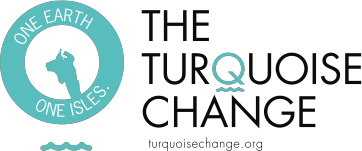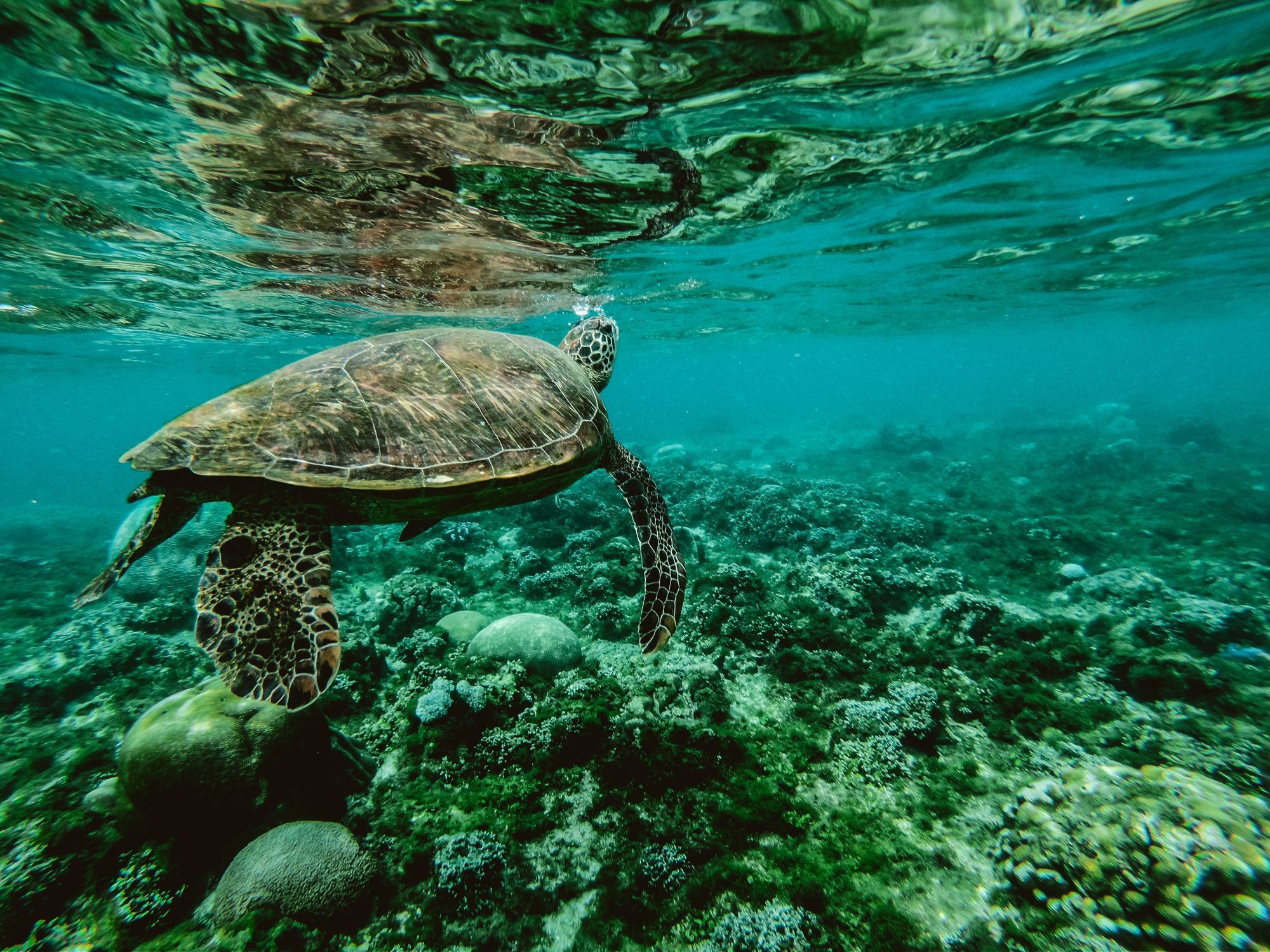World’s oceans are becoming dumping grounds. About 2 million metric ton of plastic gets into the ocean every year. Waste from industries and oil refineries, pesticides from agricultural fields and other material pollutants flow into our waters, degrade its quality and disturb the natural habitat of marine organisms.
To achieve SDG14, nations must control water pollution, over-fishing and better manage marine resources. Conservation action towards water bodies and aquatic organisms can reverse effects of climate change, improve economic opportunities and encourage a sustainable lifestyle.
Most related SDGs
· SDG 13 · SDG 15
Facts and Figures
· Oceans absorb about 30 per cent of carbon dioxide produced by humans
· Marine fisheries directly or indirectly employ over 200 million people.
· The Great Pacific Garbage Patch is a huge area of accumulated plastic in the Pacific Ocean, three times the size of France.

Fishes have no time to grow or reproduce due to over exploitation. Investments in sustainable fishing activities and eco-friendly pisci-culture needs to be practised.
Best Performing countries in SDG14: Life Below Water
No Country in the world is on track to reach SDG 14.

The 2019 WWF Report states that only 1.8% of those areas have a management plan. This indicates that the other 98% area is still being degraded either by pollution or over-fishing.
Join in
· Every time you are at a beach, bring back at least 3 discarded waste material that you find. Follow the campaign Take 3 for the Sea!
· Swim in public lakes and rivers, campaign for them and protect them.
· Join a beach cleaning initiative or support one that you like.
· Organise your own initiative or club to clean and conserve a neighbourhood waterbody.
Book Recommendation

Read how the discovery of the Great Pacific Garbage Patch by a sea captain gave birth to an undying struggle against marine pollution.
Editor’s Tip: If you love the ocean, visit this website and check out their 4Ocean Campaign.
Our partner for Goal 14
Achieving more together! We are pleased that we are working with our Goals-Partner The Turquoise Change (TTC) to raise more awareness for the important issues surrounding life under water and the protection of the oceans and the people who live near or with the sea.

The Turquoise Change (TTC) is working for the advancement of Education for Sustainable Development in islands supporting small communities. It contributes to Goal 14 by promoting transdisciplinary and multi-stakeholder dialogue, learning and action on sustainable thinking and lifestyles on islands. TTC works with local organizations, academia and practitioners to combine conventional research and training approaches on sustainability with art, storytelling and new media methods to advocate for the conservation of fragile island ecosystems.


















